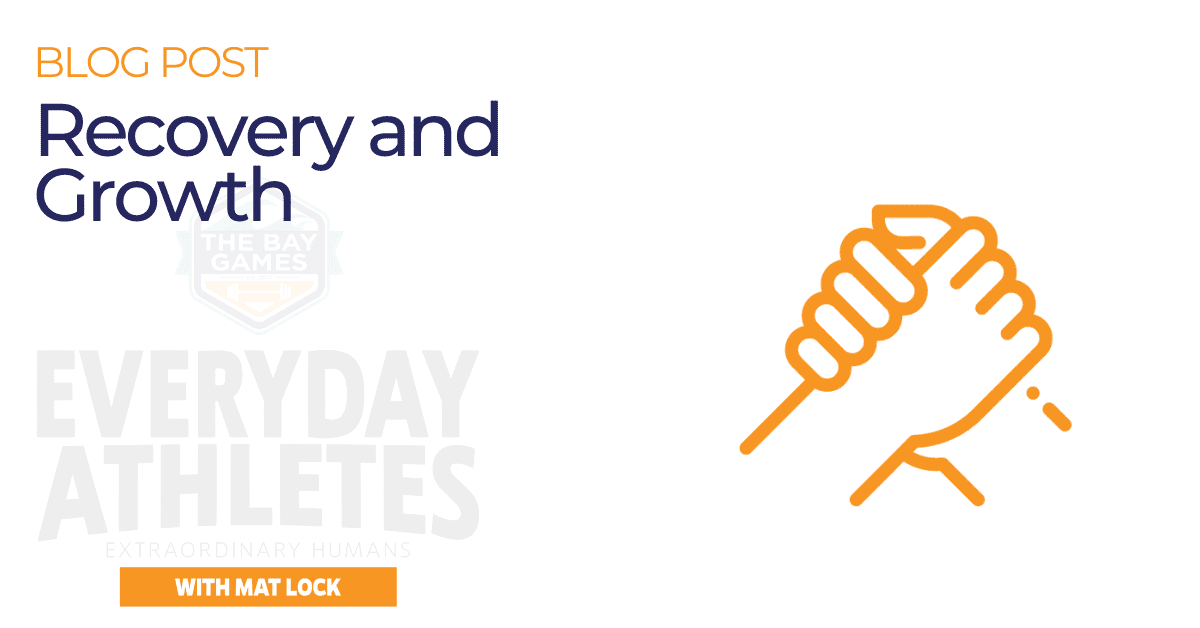
Recover and Grow
Recovery starts immediately after a specific training session but, the term “recovery” is far more reaching than that. At least, it should be thought of that way.
In fact, I would argue that any time you’re not training, you’re in a recovery phase. This is when lifestyle habits play an important role in the story. In no particular order, these include;
This last point, mindfulness — or self love — has become a little overused in recent times and is a bit cliche.
But, it’s included here because it nevertheless remains important. Taking time for yourself to unwind and enjoy life. Whether it’s quality time with your significant other, walking the fur kids, catching up with mates, listening to a podcast, walking on the beach, or just sitting quietly on your own. Self love is important.
Another topic that is often neglected and requires mindfulness is the importance of Vitamin D. This vitamin is extremely beneficial to your bone health, neuromuscular and immune function, promoting cell growth, aiding better sleep, and more. Of course, there is a balance to be struck to avoid too much sun exposure but many athletes coached by our Head of Programming for The Bay Games, Will Henke, and his team, are encouraged to get 20-30 minutes of direct sunlight each day. And this is inline with what many health experts recommend.
While we’ll cover the subject of nutrition in more detail in a different blog post, I wanted to share Will’s take on it, as it resonates deeply for me and I think it’s highly palatable (not to overdo the puns but…) for you, as an Everyday Athlete.
There’s no doubt that what people eat can be a highly contentious subject. Most people are very protective of their food choices. To be otherwise would be to admit either ignorance or a consciously poor decision.
Feeling confrontational? Then, Will’s perspective on diet will probably help to clear the conscience of any doubts or denial.
“I think it’s important to be aware of what you’re eating. If you eat something bad, you know what you’re doing? Everyone has the general ability to look at food and say, ‘That’s probably not good for me.’ So, my rule of thumb is, don’t eat two bad meals in a row. If you have a bad meal for lunch, make an effort to eat a good meal for dinner. Just don’t be an a**hole with your diet.”
Think about it this way. If you are currently someone who trains or plays sports, that alone will not deliver the lifelong health results you crave. Let’s assume you train for one hour a day. What you do in the other 23 hours is going to play a major role in your results.
I also believe this is another perfect example of where we should lead by example whether it’s your colleagues, your kids, or your colleagues’ kids. Your approach to diet will, at some level, have an impact on them too.
Let’s agree that we each can and should lead by example.
Author: Mat Lock
« Back to the Blog